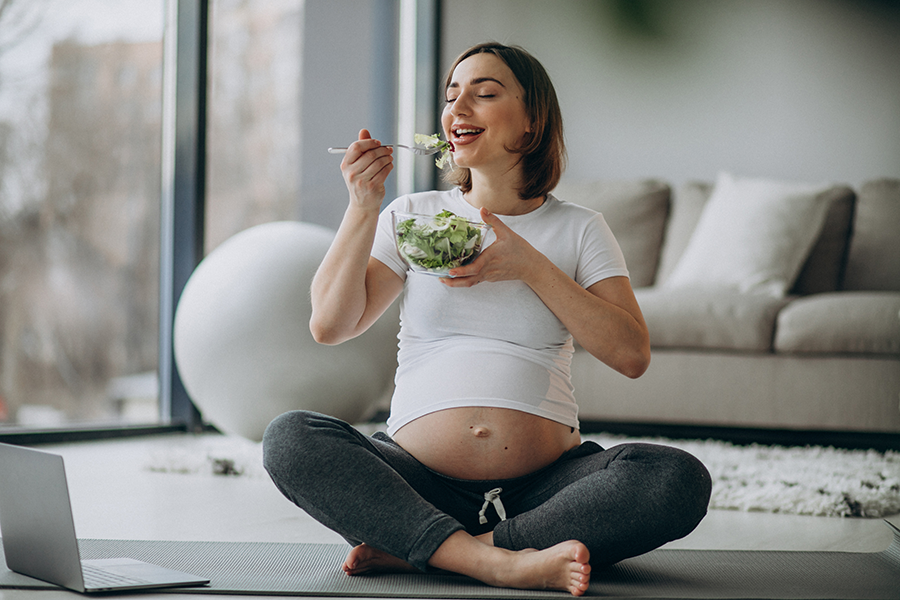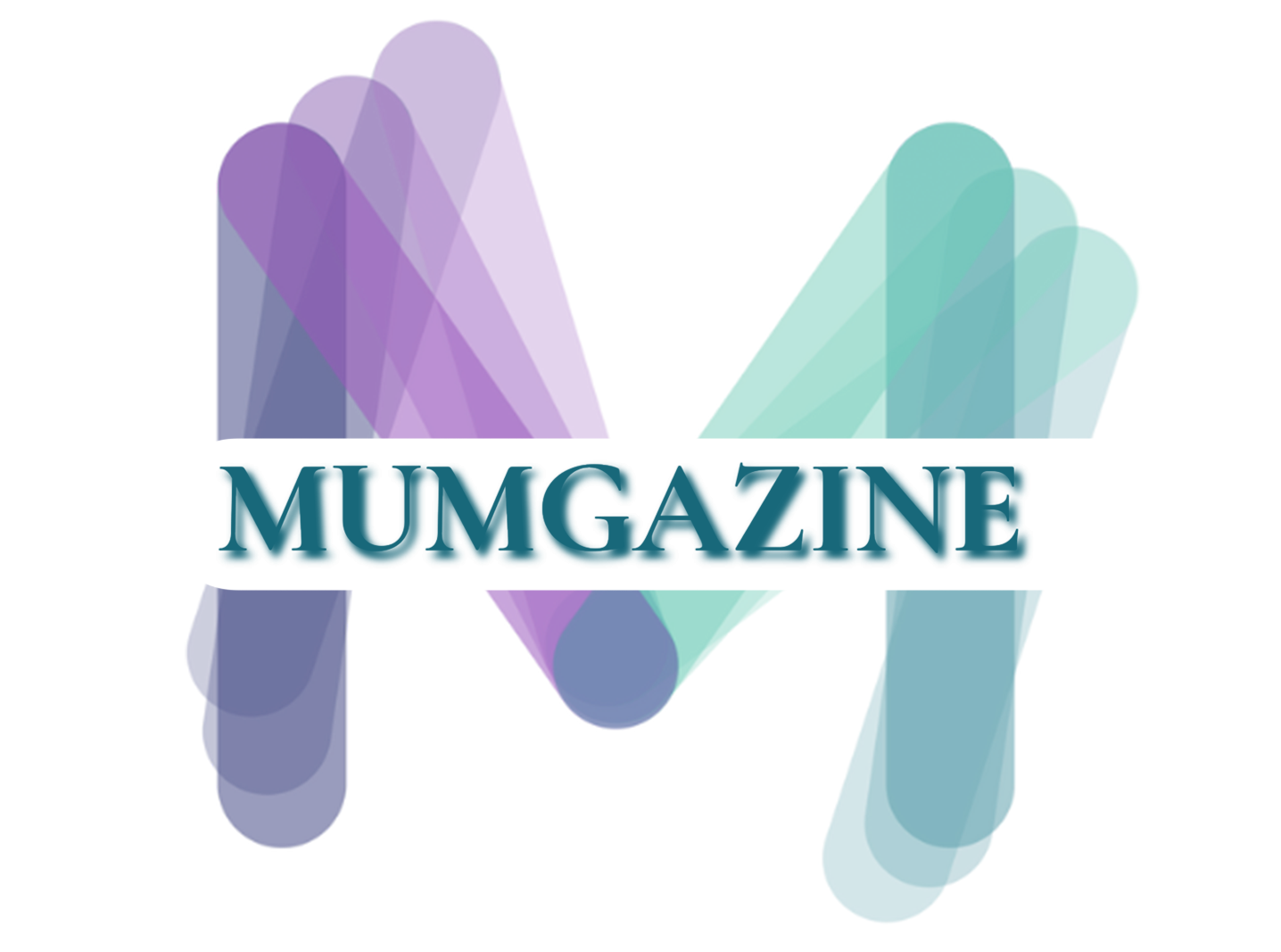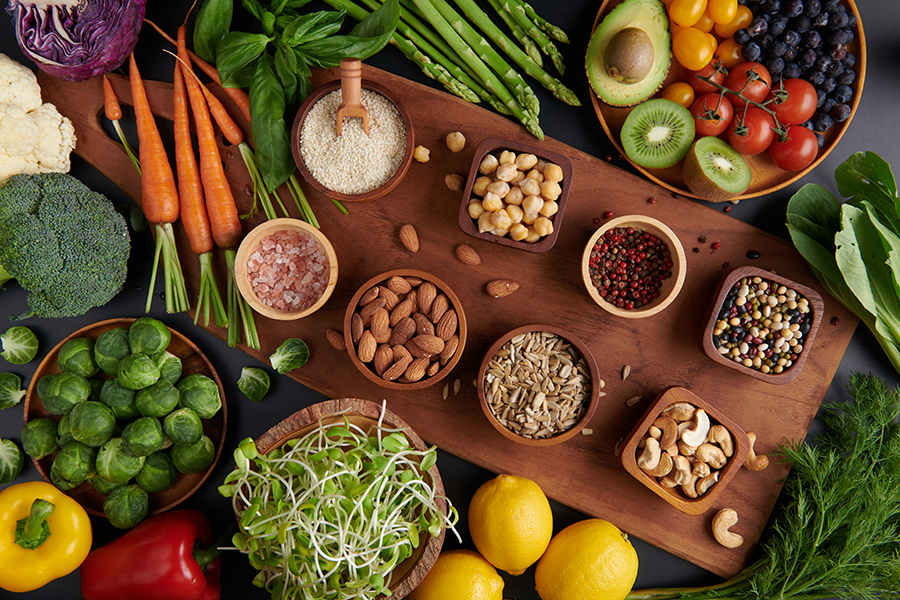Your pregnancy diet is vital to your baby’s growth and development. Pregnant women need more of certain nutrients, including iron, folic acid, and calcium. These nutrients are important for a baby’s neural development.
While you should take a prenatal vitamin supplement, it’s also important to eat foods that are rich in these nutrients. Here are some suggestions for healthy pregnancy eating.
What is the best pregnancy diet?
As your pregnancy progresses, you may have new food cravings or aversions. Just listen to your body and eat what sounds good to you. As long as you’re eating a variety of nutrient-rich foods, you and your baby will be on the path to good health.
- Include plenty of iron-rich foods in your diet, such as lean red meat, poultry, fish, beans, and iron-fortified cereals.
- Eat foods that are high in folic acid, such as leafy green vegetables, legumes, and fortified foods.
- Make sure to include calcium-rich foods in your diet, such as milk, cheese, and yogurt.
- Get enough protein by including lean meats, poultry, fish, beans, and tofu in your diet.
- Eat plenty of fruits and vegetables.
- Limit sugary and fatty foods.
- Drink plenty of fluids, especially water.
There are a few things to keep in mind when following a healthy pregnancy diet:
- Fruits and vegetables are packed with vitamins and minerals that are essential for a healthy pregnancy. Pregnant women should aim to eat at least four servings of fruits and vegetables per day. Some great options include broccoli, spinach, tomatoes, oranges, and bananas.
- Whole grains are another important food for pregnant women. They provide essential nutrients like fibre and iron. Pregnant women should aim to eat at least three servings of whole grains per day. Some great options include whole grain bread, oatmeal, and brown rice.
- Lean protein is an important nutrient for pregnant women. It helps to support the growth and development of the baby. Pregnant women should aim to eat at least two servings of lean protein per day. Some great options include chicken, fish, tofu, and legumes.
- Low-fat dairy is an important food for pregnant women. It provides essential nutrients like calcium and Vitamin D. Pregnant women should aim to eat at least three servings of low-fat dairy per day. Some great options include milk, yogurt, and cheese.

Some foods you should avoid during pregnancy
- Alcohol, which can damage your baby’s developing brain and nervous system
- Caffeine, which can increase your risk of miscarriage. You should limit your intake of caffeine to 200mg per day.
- Raw or unpasteurized dairy products, which can contain harmful bacteria
- Undercooked meat, poultry, and fish, which can contain harmful bacteria. Deli meat: as it may contain listeria, a type of bacteria that can cause infections.
- Soft cheeses
- Mercury-containing fish: You should limit your intake of mercury-containing fish such as swordfish, shark, and tilefish.
- Unwashed fruits and vegetables
Pregnancy is a time when you need to be extra careful about what you eat and drink. This is because your baby’s health depends on getting the right nutrients from the food you eat.
By following these tips, you can ensure that you and your baby stay healthy and safe throughout your pregnancy.
Would you like to know more about your pregnancy? Visit our Mumgazine YouTube channel!


Trying to become a VIP on Phcash! Anyone know what the benefits are? Heard it’s worth it. Might give it a shot -> phcashvip
Just tried out 3lcom. Nothing super special, but a reliable platform. Site’s not bad. Check it out here and tell me what you think: 3lcom
Hey all, just discovered hm88slot. They have some really cool and unique slot games I haven’t seen anywhere else. If you’re a slot fanatic like me, give it a whirl!
BMW555com has a cool vibe. Lots of exciting games to try and a pretty smooth experience overall. Take a look: bmw555com